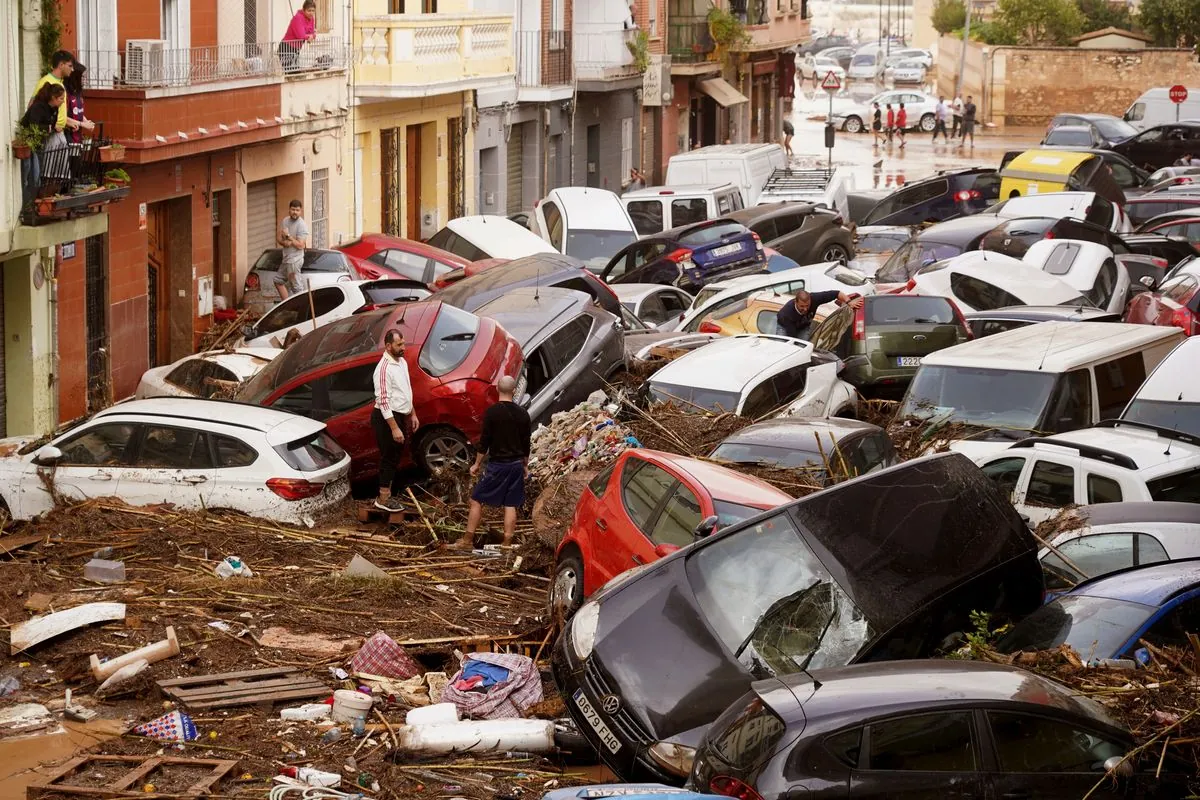Spanish flood tragedy shows how politicians ignored crucial warning signs
Recent floods in Valencia took hundreds of lives and caused widespread destruction. Local and national leaders failed to act on clear warnings while emergency response systems showed major weak-points

The devastating floods that hit Valencia about six weeks ago left a trail of destruction causing 229 deaths (many in underground parking-lots) and billions in damage. Shortly after the disaster King Felipe VI and Queen Letizia visited affected areas with Pedro Sánchez and Carlos Mazón but angry citizens threw mud at them; showing deep frustration with the governments response
The central government sent 17k troops and promised €16.6 billion in aid‚ however initial clean-up relied mostly on volunteers. Some far-right groups used this chance to gain support which helped new anti-establishment party win seats in EU elections
Climate experts point out that the floods were 12% stronger than pre-industrial times: the Mediterranean sea is heating up twenty times faster than average. Back in summer-of-2021 similar floods hit central Europe killing 243 people but Spanish officials didnt learn from those events
There [was] no previous reference or experience that could be remotely comparable [to this disaster]
The regional government led by Mazón made several mis-steps: they got rid of special emergency response unit closed weather warnings and delayed asking for national help. Meanwhile Sánchezʼs administration cancelled important flood-control project in 2021 (which was designed in 06) despite expert recommendations
Local weather service AEMET sent warnings 5 days before the disaster but officials response was slow. Mazón claimed at 1pm that day storm would calm down by evening; then went for a 5-hour lunch. Citizens didnʼt get emergency alerts until 8pm when floods were already causing chaos
The blame-game between regional and national leaders continues while both sides avoid taking responsibility. This political fight shows how Spanish authorities – just like their European colleagues 3 years ago – missed chances to prepare better for extreme weather events





























